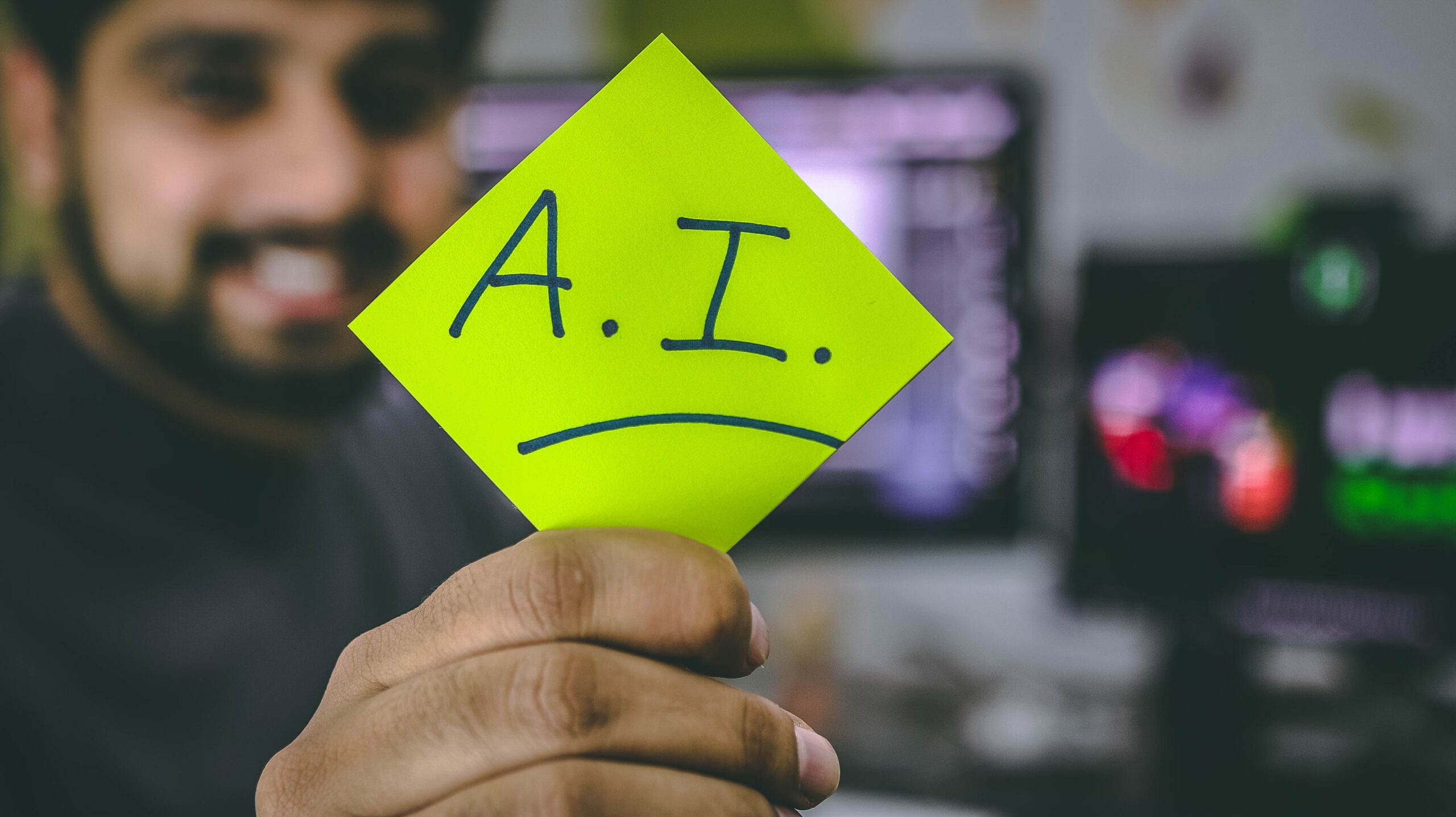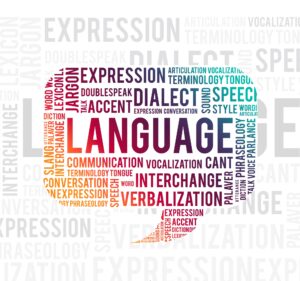There are many conceptions about artificial intelligence replacing humans in the workplace and taking over the world.
This isn’t surprising as AI has made groundbreaking achievements in many fields like healthcare, auto services, smart homes, smartphone developments and even language translation.
In 1956 Lisp appeared as the first AI Language Software, and ever since, we have witnessed the evolution of AI Language Translation in many industries worldwide.
With AI’s continuous uprising in the world, will AI language translation replace human translators?
Understanding AI Language Translation
AI functions by identifying individual words and sourcing its database for similarities in other languages to provide possible results through applications such as Google Translate, Microsoft translator, Siri and many others.
Many social media platforms and businesses are also harnessing the endless features and opportunities AI language translation offers, with tech giants like Facebook (Meta) and Twitter using AI to provide many translations.
Neutral Machine Translation
The technology behind this AI advancement is called neural machine translation. Neural machine translation (NMT) uses an artificial neural network to predict the likelihood of a sequence of words, typically modelling entire sentences in a single integrated model.
How Does Neural Machine Translation Work?
The NMT works through a complex mathematical formula or neural network that represents alphabets and words as a string of numbers; this enables it to use those numbers when translating a language pair.
AI Achievements in Translation
Since its inception, AI has made impressive developments in translation. AI enables instant translations from just text to images, videos, voice messages and even street signs using tools like Google lens.
The variety and effectiveness of CAT (computer-assisted translation) tools have greatly expanded. CAT tools include translation memories, which keep sentences and their translations for later use and can significantly speed up the translation process. This enables translators to work more productively without sacrificing quality.
Will AI replace Human Translators?
AI language translation has been helpful to users worldwide, with 500 million people using Google Translate! With numbers like this, AI Language translation must be doing something right.
Questions have been raised on the advancement and development Artificial Intelligence has on Language and its possible replacement of human translators.
From speed to cost-effectiveness and its fast advancement in accuracy, it’s no wonder that these questions are swarming in. However, it still has flaws.
Without deep knowledge of the culture, AI Language translation tools don’t provide accurate translations in certain instances. For example, AI doesn’t understand humour, but they sure give us a good laugh with some of its translations.
AI’s inability to translate complex information often produces inaccurate text, which is the most crucial factor to consider when translating.
Although AI has and continues to develop, the possibility of it replacing human translators remains little to a negative.
What The Future Holds For Language Translation
We have covered a few benefits of AI, such as its low cost and speed, but AI’s inadequacies will always have a gap in language translation that only humans can fill.
For example, consider two of the most-watched Netflix series – Money Heist and Squid game. These movie giants adopted AI Language software to translate the subtitles into multiple languages, and it wasn’t without some backlash from indigent speakers who expressed a lack of emotions in specific translations.
Although the future for AI Language Translation is promising, it cannot completely replace human translators. Rather AI and Humans will work together to create faster, cheaper and more accurate translations. And this is already taking place as Machine translation post editing.
So, what next?!
AI undoubtedly has increased in accuracy, and incorporating it will make translations faster and give human translators a little less work. Many translation companies are already using AI to boost their productivity, and iVoiceAfrica isn’t left out!
We have translated over 80,000 words across many industries and fields with MT post editing! Contact us for a free quotation and experience the future of language!




